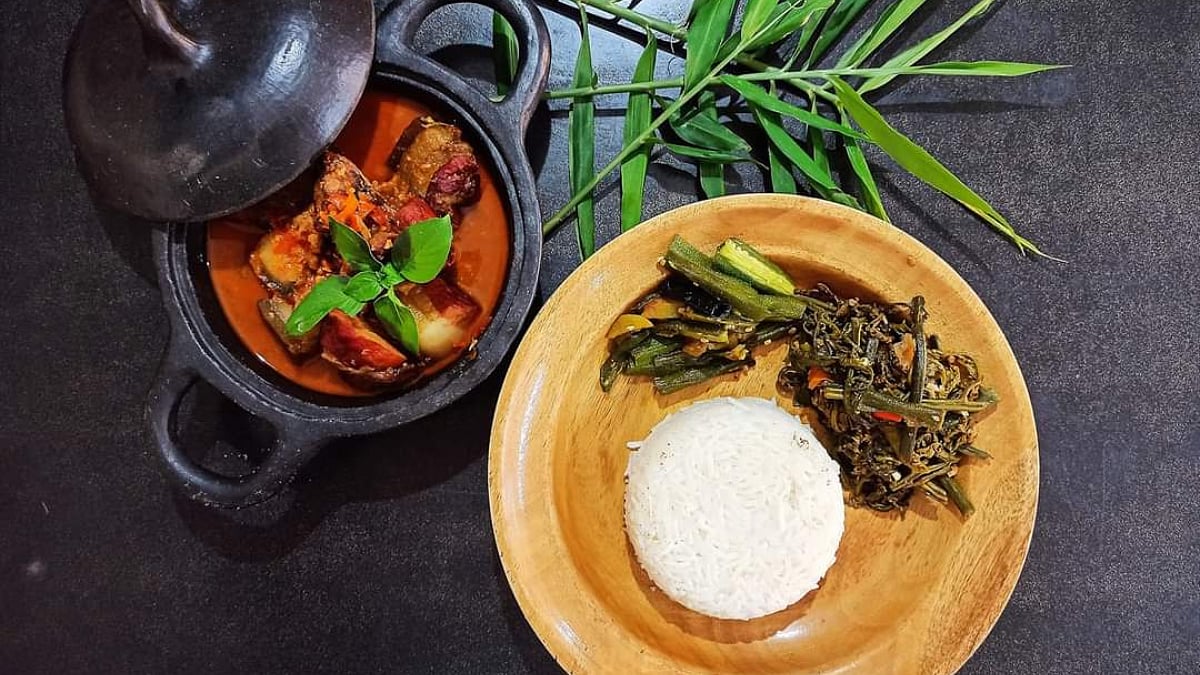Poila Boishakh is the Bengali New Year (Nobo Borsho) for the Bengali community. This year, Poila Boishakh will be celebrated on April 14.
'Poila Boishakh' marks the first day of the first month (Baishakh) of the lunisolar Bengali calendar. 'Pohela Boishakh' is observed by Bengalis all across the world, irrespective of geographical location, but the occasion has a special significance for Bengalis in West Bengal, Assam, Tripura, and Bangladesh.
The days also marked the beginning of the new financial year, with shopkeepers opening the new ‘haal khata‘, or new book of accounts.
History
Bengalis introduced this festival and the Bengali calendar to coincide the tax collection during Mughal rule. It is believed that during the Mughal rule, the collection of taxes was followed with the Islamic Hijri calendar—the lunar calendar which did not coincide with the solar agricultural cycles.
Another theory states, the Bengali calendar is attricuted to King Shashanka. The mention of Bangabda is found in two Shiva temples, indicating that it originated before the Akbar era.
Traditions
People greet each other by saying, 'Shubho Nobo Borsho' which means happy new year. Most people visit the temple and perform puja to seek the blessings of the gods and goddesses and start the new year on the right note.
Bengalis celebrate the day by cooking delicacies at home and planning get together with loved ones.







